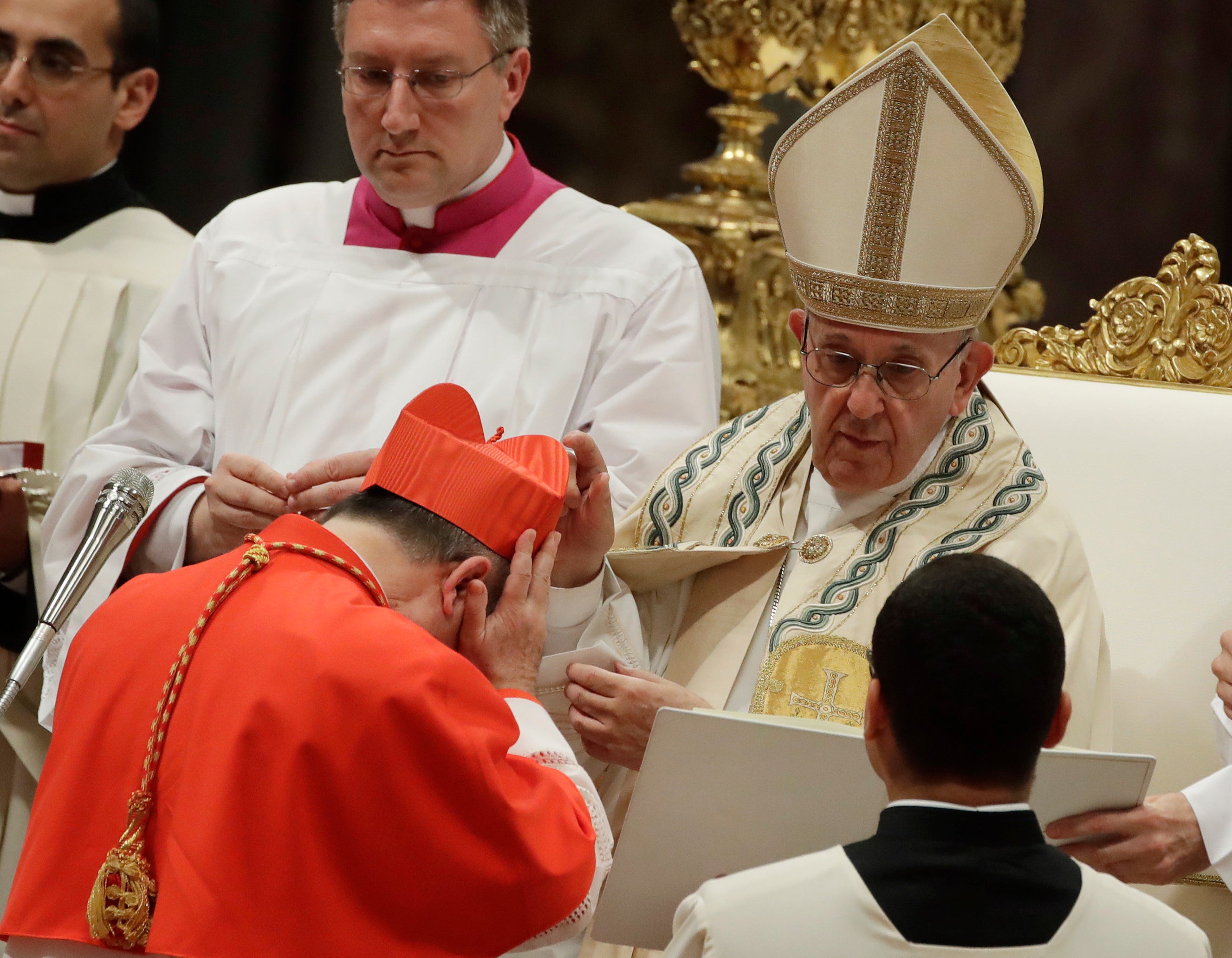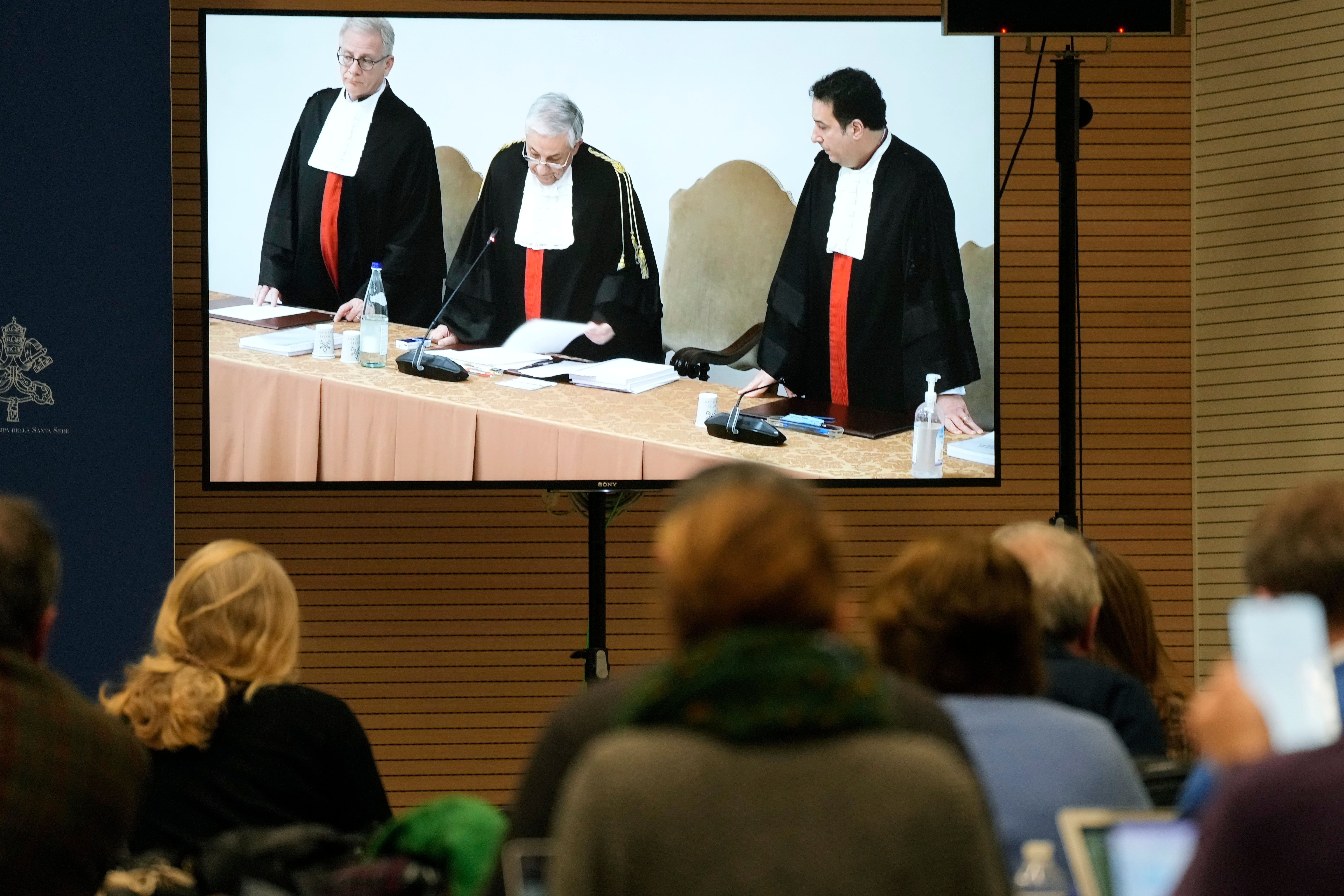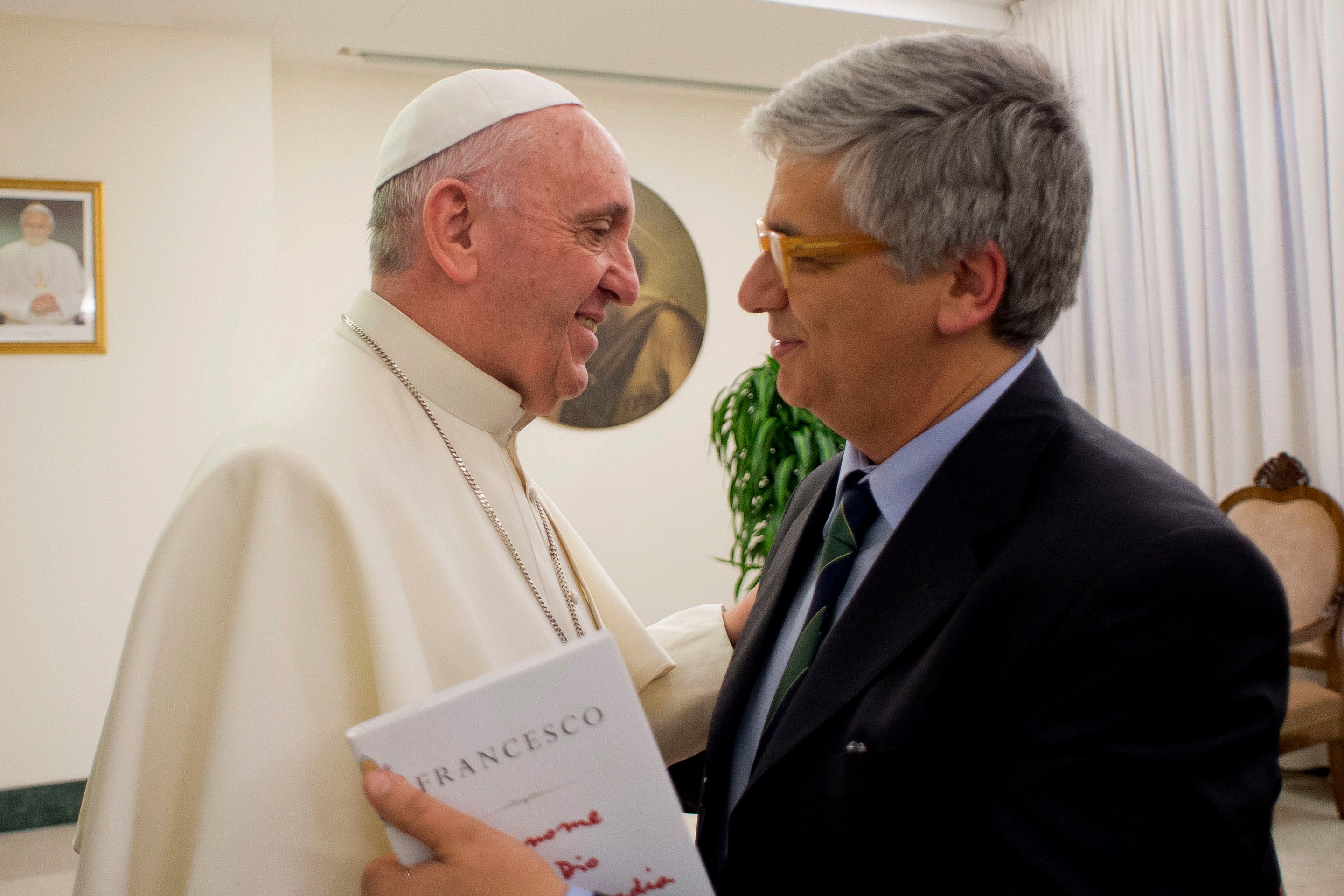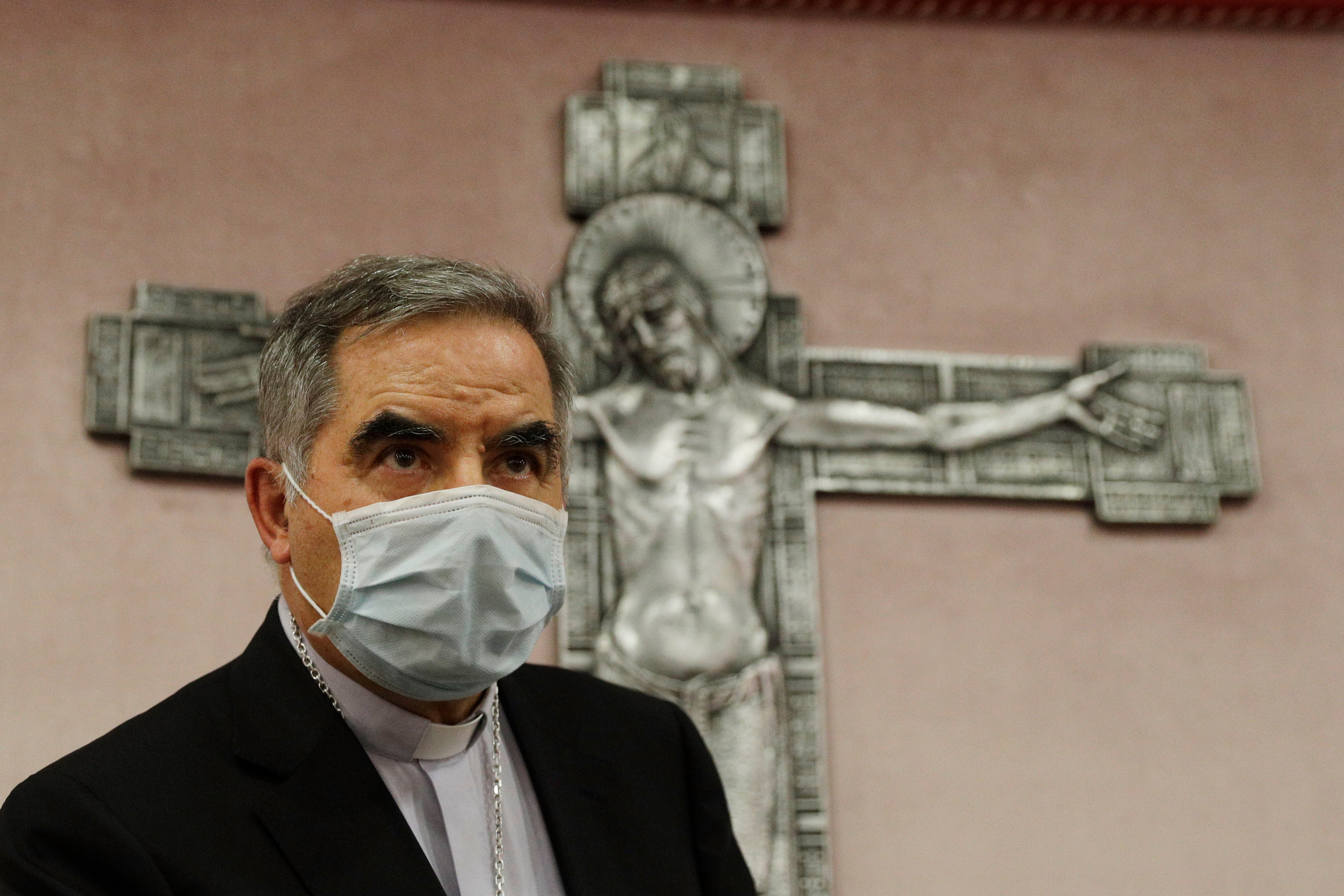Lawyers hit out at Vatican’s ‘trial of the century’ after Pope secretly changes law four times
Several prominent lawyers have published stinging academic critiques and legal opinions about the Vatican’s recently concluded “trial of the century.”

Prominent lawyers have hit out at the Vatican’s recently concluded “trial of the century,” highlighting violations of basic defense rights and rule of law norms that they warn could have consequences for the Holy See going forward.
The opinions cite Pope Francis’ role in the trial, since he secretly changed Vatican law four times during the investigation to benefit prosecutors. And they call into question the independence and impartiality of the tribunal since its judges swear obedience to Francis, who can hire and fire them at will.
The critiques underscore the growing problems on the international stage for the peculiar microstate that the Holy See calls home: an absolute monarchy where Francis wields supreme legislative, executive and judicial power.
The legal opinions are likely to feature in the appeals within the Vatican court system of the nine people who were convicted in December of several financial crimes linked to the Vatican’s bungled 350 million euro ($380 million) investment in a London property. And they could also be raised during the current review of the Holy See’s compliance with European norms at the Council of Europe.
During two years of hearings, defense attorneys highlighted many of the same issues now raised by outside analysts. But the tribunal led by Judge Giuseppe Pignatone repeatedly rejected their motions.

After the first verdicts were issued, the Vatican’s editorial director, Andrea Tornielli, insisted that the process had been fair, that the judges acted independently and that the trial was carried out “in full respect of the guarantees for the suspects.”
Geraldina Boni, a professor of canonical and ecclesiastic law at the University of Bologna and an adviser to the Vatican’s legal office, disagreed in an article published Monday in the peer-reviewed legal journal of the University of Milan.
Writing with church legal experts Manuel Ganarin and Alberto Tomer, Boni described the four secret executive decrees that Francis penned during the investigation as giving prosecutors “essentially, and a bit surreally, ‘carte blanche’” to pursue their case without any judge overseeing them.
The decrees, which were never published, gave prosecutors authorization to intercept suspects' communications and take “whatever” precautionary measures against them were necessary, including deviating from existing Vatican law. The defense only learned about their existence once the trial was underway.

Boni, who said she was asked to provide a legal opinion for the defense of Cardinal Angelo Becciu, who was convicted of embezzlement, said the decrees represented a clear violation of the right to a fair trial, which calls for “the equality of arms” between defense and prosecution.
“It’s obvious that the people under investigation in the case were placed in a situation of substantial and onerous disadvantage, given they were completely unaware of the prosecution’s new investigative powers and thus unable to reasonably foresee the effects of their actions,” she wrote in "State, Church and Confessional Pluralism."
Francis has seemingly sought to justify the measures taken to get the trial off the ground, telling tribunal staff in 2023 that they should “avoid the risk of confusing the finger for the moon,’” or allowing obstacles to stand in the way of a greater good.
But Boni argued that in criminal and procedural law, the ends cannot justify the means. Such an attitude, she warned, “could end up justifying any conduct and any use of sovereign power in the search at all costs for the guilty.”
Even though the tribunal tried to compensate for such “unacceptable abuses,” she wrote, the anomalies were so grave as to have “invalidated the entire justice of the trial, prospecting a violation of divine law to which even the pope is subject.”
Paolo Cavana, a professor of canonical and ecclesiastic law at the Vatican-affiliated LUMSA University, argued that the Holy See is beholden to European norms guaranteeing a fair trial “by an independent and impartial tribunal,” even though it technically never signed the European Convention on Human Rights.
Writing in the same journal as Boni, Cavana argued that the Holy See committed to upholding the convention’s fundamental principles when it concluded a monetary agreement with the EU in 2009 allowing the Vatican to use the euro as its official currency.
But he said it is a matter of debate whether the Vatican’s judges are truly independent “given the pervasive character of the pontiff’s powers."
It's clear that the papal decrees exercised on the judges "a strong pressure about the outcome of the trial itself,” he wrote.

Cavana, who since 2019 has also served as an adviser to the Italian premier on church and Vatican matters, warned that Italy and other states may not recognize sentences pronounced by a tribunal if the judges are not considered independent and impartial.
Rodney Dixon, a veteran British international and human rights lawyer, said as much in a legal opinion prepared at the request of defendant Raffaele Mincione. Dixon said countries should refuse to cooperate with the Vatican tribunal, and should refuse to respect its verdicts, since the trial had been “marred by substantial violations of well-established international legal obligations applicable to all criminal proceedings.”
Dixon, who has served as counsel before the International Criminal Court, International Court of Justice and the European Court of Human Rights, cited the four papal decrees, the tribunal’s refusal to allow Mincione to call seven witnesses as well as prosecutors' refusal to turn over all evidence to the defense.
Tribunal head Pignatone repeatedly rejected defense claims that the suspects weren’t getting a fair trial, and even went so far as to exclude the testimony of defendant Gianluigi Torzi, who was arrested and detained for 10 days without being charged as a result of the special powers given to prosecutors by the pope.
In a March 1, 2022 ordinance, Pignatone said that while the Vatican had not adhered to any international human rights conventions, its own laws incorporated their principles fully.
He noted that both Italian and Swiss courts have previously recognized the independence and impartiality of Vatican judges and recalled that in the actual exercise of their work, Vatican judges are “subject only to the law.”
Bookmark popover
Removed from bookmarks